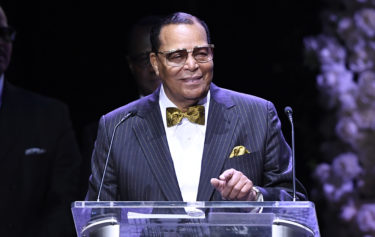What’s happening to Facebook?
It seems that on an almost daily basis, we’re seeing headlines talking about its share price plunging yet again, leaving the impression that this once powerful symbol of American creativity and economic abundance has fallen on hard times.
On Friday, Facebook Inc. fell to a record low of $18.31 a share—less than half of the $38 price the shares sold for when Facebook’s IPO hit Wall Street in May. The recent fall was blamed on analysts at Bank of America Merrill Lynch and BMO Capital Markets, who both cut their price targets on Facebook.
The perception is that the advertising business that has fueled Facebook’s soaring value was weakening.
“Although valuation appears tempting, the uncertainty of the earnings trajectory and increasing public float leaves us cautious,” Stifel’s Jordan Rohan wrote in a note to clients, according to MarketWatch.
One of the biggest things weighing down Facebook shares is the expiration of post-IPO share lockups. More than 1.3 billion shares will become available for trading by mid-November after about 271 million shares were released in mid-August. This will significantly increase the size of the company’s share float, causing investors to worry that the influx of shares on the market will push down the stock’s price if insiders like early investors and employees rush to sell their shares.
“Facebook has multiple lock-up expirations over the next year, and recent selling activity on the August lock-up suggests to us the risk of future selling pressure,” wrote Bank of America’s Justin Post.
Pointing to the mid-November lockup expiration, Post said, “We wouldn’t expect the stock to see buying momentum until December.”
Daniel Salmon of BMO cut his price target to $15 from $25, and said the lockup was one factor, but also cited weakness in the company’s advertising business.
“Checks on paid media spending remain mixed; many conversations referenced a ‘pause’ in order to reevaluate earned/owned/paid mix and ROI [return on investment] measurement,” he wrote, adding that another risk factor is “continued industry pricing pressure.”
Salmon, who has an underperform rating on the stock, said that investor sentiment “is now much worse” than sentiment among advertisers for Facebook, but that focus will return to the company’s business fundamentals “after the technical challenges presented by lock-up expirations over the next six months have been absorbed by the stock (possibly offset by some index buying at some point).”
According to Stifel’s Rohan, Facebook’s platform “has huge potential,” but still faces “significant” challenges with monetization.
“We believe the period of indigestion may continue as more shares come to market, limiting the positive reaction to growth initiatives,” he wrote.


